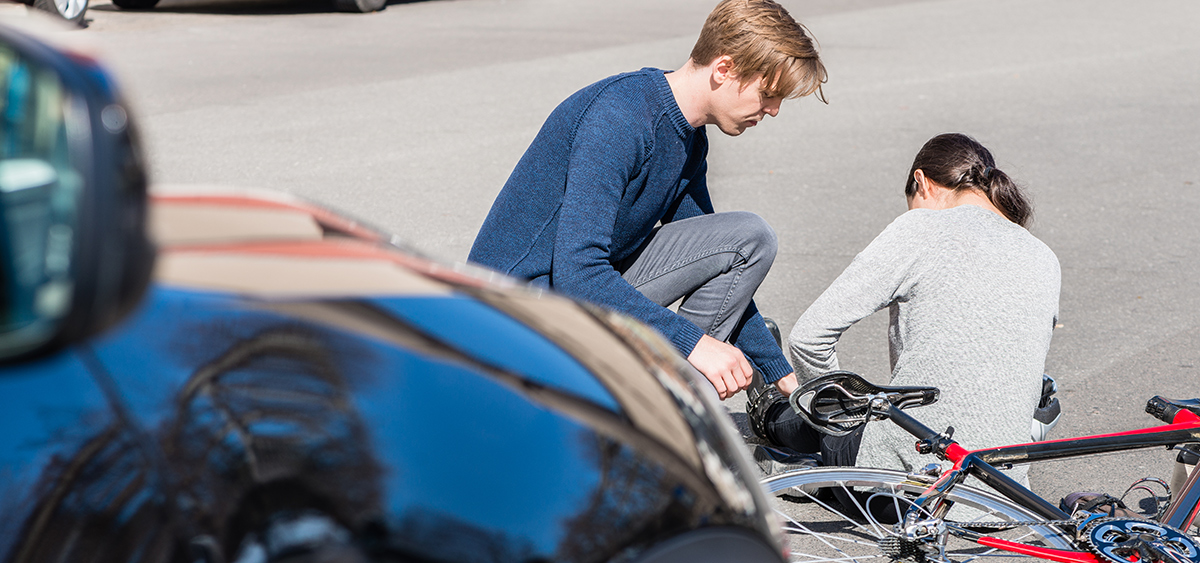This article explains so-called “good Samaritan” laws about helping people in danger. The term “good Samaritan” comes from a story about someone who comes to the rescue of a stranger.

Do I have to help someone whose life is in danger?
As a general rule, the law says that you have to help someone whose life is in danger.
For example, your neighbour has a sudden heart attack, and you see her collapse on her front lawn. You have a duty to help her by calling 911. You must also help her physically if you know what to do.
You do your duty when you physically provide help or you get help by contacting the police, firefighters, or ambulance service.
But you don’t have to help at all costs. You don’t have to help if you would be putting yourself or other people in danger, or if there is another good reason not to intervene.
For example, you arrive at the scene of an accident involving dozens of people. After calling 911, you help the most seriously injured. You can’t be blamed for not helping people you don’t have time to help.
Here is another example. You see a car plunge into a river after an accident. If you can’t swim, you don’t have a duty to try to save the victims. But you do have to call for help as soon as possible.
If I help during an emergency but I cause injury, can I be held responsible?
Usually you can’t be held responsible for harm caused by helping someone. This is called the “Good Samaritan rule.”
However, this rule does not apply if the rescuer intentionally caused harm or caused it by being extremely careless.
- Intentional fault happens when a person means to harm or injure someone else.
For example, you hate the victim and delay calling for help so that the victim will suffer. - Being extremely careless means that you show a lack of concern or carelessness that totally disregards other people.
For example, as you save a friend from drowning, you push everyone else off the boat, causing them to drown.
How are good Samaritans expected to help?
You are expected to get involved when necessary and use all reasonable efforts.
But rescuers must not be reckless or careless: they cannot make an already difficult situation worse.
The courts will excuse someone who causes injury when helping someone in trouble if the person acted reasonably. For example, if you perform CPR (cardiac resuscitation) on someone and you crack two ribs, you won’t be responsible for this injury. But courts aren’t as forgiving when an injury is caused by recklessness.
I got injured helping someone. Can I get compensation?
Yes, you can get compensation. If you are injured while helping someone in danger, you can be compensated.
If the person who helped dies, the spouse and children can sometimes get compensation.
However, compensation under the Act to promote good citizenship is not automatic. It is only given when the Good Samaritan can’t get compensation under another Quebec law.
You can also file a claim in court against the person responsible for your injury to try to get compensation.
Is there a deadline for claiming compensation?
Yes. Claims must generally be made within 3 years of learning of the injury or the death of the rescuer.
If a claim is not made in time, you lose your right to compensation unless you can prove that you had a reasonable excuse not to do so.
There is no delay for making a claim if you intervened to prevent or stop a crime that involved violence against a child, sexual violence, or domestic violence.





